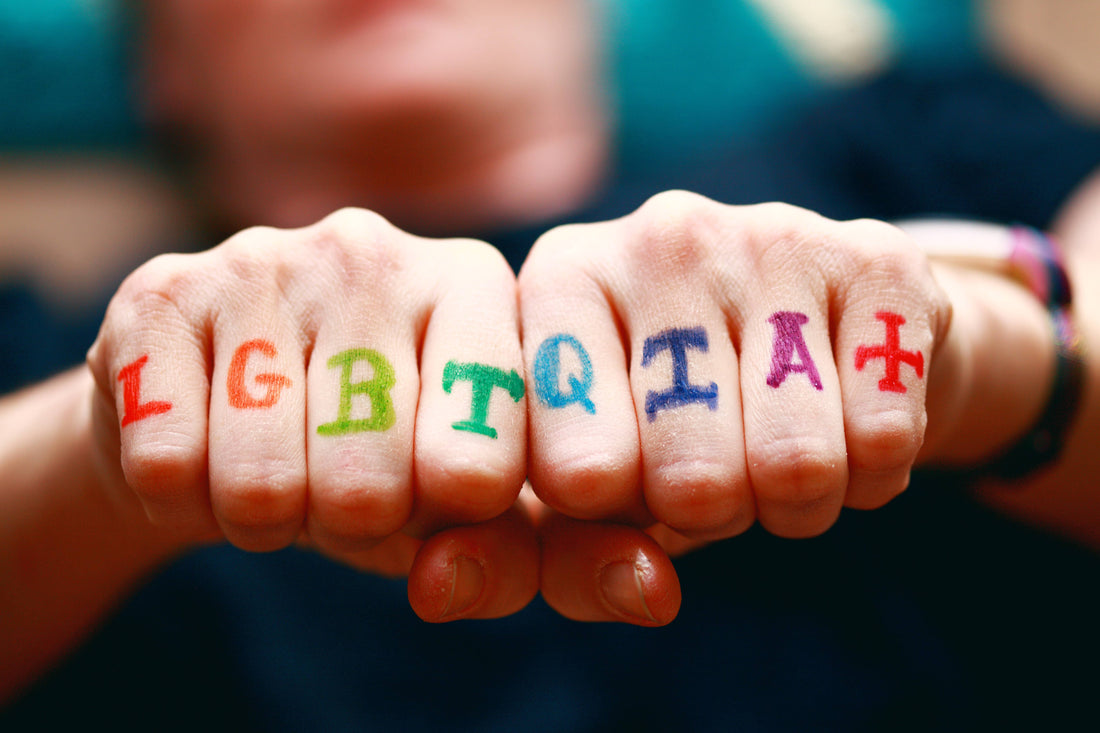
LGBT, or LGBT+, or something completely different? - DYKKA.com
Share
When the Marriage for All Act was being discussed in the Chamber of Deputies, some media outlets referred to it as “gay and lesbian marriage,” which was objected to by several people from the bisexual community, as bisexuals do not become homosexuals (or heterosexuals) by entering into marriage. Instead, they advised using the term “marriage for all” to avoid erasing bisexuals and to include people of all genders, sexes, and sexual orientations.

But is there a word that we can use to describe all people who are not cisgender (i.e. those who identify with the gender they were assigned at birth), endosex (people who are not intersex), or heterosexual?
In both professional and non-professional literature, we find various terms that more or less meet this requirement. One of them is the word queer , which comes from English and also means "strange" or "different" . In the past, it was also a swear word in English. This is also the reason why some people, especially from the older generation in the English-speaking world, do not want to use this word.
Another term we may encounter is the acronym LGBT . This comes from the words lesbian, gay, bisexual, and transgender. Although it is used very often, it only includes homosexual, bisexual, and transgender people, so it lacks mention of, for example, asexual or intersex people.
This abbreviation gradually began to expand, and today we find its variants that include other identities: LGBTI , LGBTQ , LGBTQI , LGBT+ , and the like.
But such acronyms are no longer short, so some people started looking for another term that would be short , easy to remember and concise . In 2006, British painter Sadie Lee came up with the acronym QUILTBAG ("quiltbag" means "quilted blanket" in English). It includes people who question gender, sex and sexual boxes (Q, from the word "questioning"), undecided (U, from the word "undecided"), intersex people, lesbians, trans*, bisexual, asexual and aromantic people and gays.
While at first glance this acronym may seem to cover all identities, it doesn't even mention polyamorous people . This inevitably leads to the question: Who all belongs there? Who has the right to use the rainbow flag for themselves?
As you can see, this whole problem is complex and concerns not only the name itself, but also who all belong to this community.
